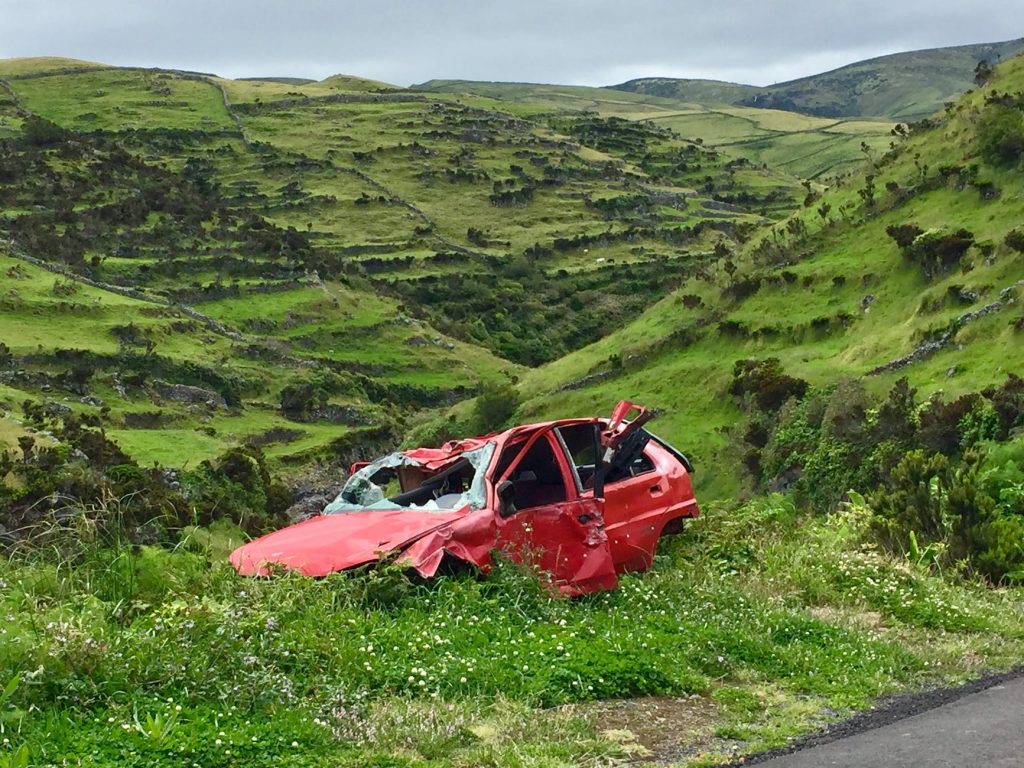Don’t fall asleep at the wheel
2 minute read | April 13, 2017
During the never ending debate over driverless technology, yet more voices have joined the choir. While they may be in tune, they aren’t singing about common sense.
Enter stage left Professor Neville Stanton, an expert in driverless cars at Southampton University, who expressed concerns that as vehicles become fully autonomous it is likely that people’s minds will begin to wander, especially if they are reading a book, watching a movie, or surfing the internet. I assume he forgot to mention cross stitching, potting a plant or ironing their shirt.
A recent report into the dangers of driverless technology collated for the Government found that drivers of automated vehicles are not as effective in an emergency as a normal driver, presumably normal drivers don’t have cliff hangers or creases to worry about.
In an effort to play devil’s advocate let’s look at the facts:
- Autonomous vehicles still require an element of control over them at all times, I’m sure the Tesla manual doesn’t offer up best sleeping positions.
- Mobile devices are banned while driving. There is unlikely to be a change to the law which states; six points and a £200 fine, unless it’s an autonomous vehicle and a must watch TV series.
- Human error is responsible for up to 95 per cent of all accidents. Maybe having a snooze might make the roads safer!
A history of safety
The report also went on to stated driverless cars could lower the number of fatalities on the road, however, eradication of human error will only come with full automation.
If you needed more proof that auto features in cars aren’t all bad, the association of British Insurers confirmed that since the VW Golf was fitted with automatic emergency brakes, insurance companies have logged 45 per cent fewer claims.
The Government has a long way to go to ensure fully autonomous vehicles are rigorously tested on Britain’s roads before they are made available to the public.
It is going to require the coming together of several sectors to decide how to correctly police, secure and insure autonomous vehicles. Until then we can only hope that common sense around the subject matter will prevail.
Back to resources